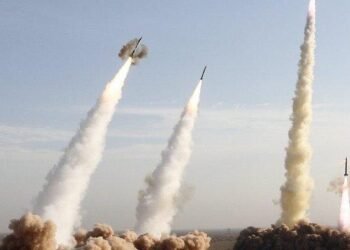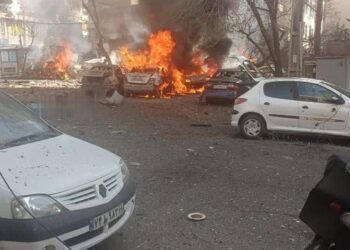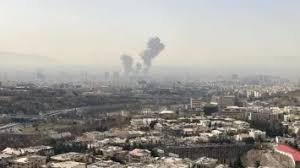Expressing initial appreciation for post-President’s Rule efforts, the WMC sharply condemned Delhi’s continued framing of the conflict as solely an inter-community issue, demanding more decisive intervention.
BY PC Bureau
New Delhi, April 13, 2025 – The World Meetei Council (WMC) has sharply criticized the central government’s handling of the protracted ethnic crisis in Manipur, labeling its approach as “flawed” and a “miserable failure.” While acknowledging initial positive steps following the imposition of President’s Rule on February 13, 2025, the council’s statement heavily underscores its deep dissatisfaction with the Centre’s continued strategy.
The WMC expressed disappointment over the rejection by Chin-Kuki representatives of a proposed six-point draft agreement aimed at addressing key issues like IDP resettlement and highway access, which followed a dialogue facilitated by the Ministry of Home Affairs on April 5, 2025. The council highlighted the contrast between the government’s apparent willingness to engage and the subsequent impasse.
However, the core of the WMC’s criticism lies in the Centre’s persistent framing of the conflict as solely an inter-community issue requiring mutual agreement. The council argued vehemently against this stance, stating that this “logic appears flawed” and questioning why the government isn’t adopting the more decisive approach typically seen in other states facing similar communal tensions, particularly between Hindu and Muslim communities.
ALSO READ: Myanmar Brutal Justice: MNDAA Executes Five, Including Chinese Citizen
The WMC directly challenged the efficacy and intent of the central government’s response, posing a pointed question: “Where is the Indian state? If the state cannot act decisively to protect its citizens, should the people of Manipur be left to resolve the matter on their own?” This rhetorical question underscores the council’s perception of governmental inaction and a failure to uphold its fundamental responsibility.
At the outset, WMC express our appreciation for your Government’s efforts to restore peace and normalcy in Manipur, particularly following the imposition of President’s Rule on February 13, 2025.
1. The violence that gripped the state has largely been brought under control since… pic.twitter.com/qZ72PSiKnQ
— World Meetei Council (@WorldMeeteiConv) April 12, 2025
Drawing on Manipur’s history as a “ancient and sovereign kingdom,” the WMC implied that the Centre’s current approach is inadequate and that a more decisive intervention, akin to how an independent nation might handle such a crisis, is necessary.
The council’s condemnation of the government’s performance was unequivocal: “We regret to state that the present Government of India has failed Manipur miserably. The people have suffered immensely. Progress has stopped and while the rest of the country moves forward – crushing the aspirations of an entire generation.” This strong language highlights the WMC’s profound disappointment and the perceived detrimental impact of the ongoing crisis on the state’s development and its people’s future.
The World Meetei Council (WMC) is at socio-cultural organization representing the Meetei community. It has been vocal in expressing the concerns and grievances of the Meetei people since the eruption of the ethnic conflict. The WMC advocates for the protection of Meetei rights, the restoration of peace and normalcy in the state, and has consistently called for more decisive action from both the state and central governments to address the root causes of the conflict and ensure the safety and security of its community members. The council plays a significant role in shaping public opinion within the Meetei community and acts as a key interface between the community and governmental bodies.
The World Meetei Council’s statement serves as a powerful indictment of the central government’s handling of the Manipur situation, urging a radical shift towards a more decisive and interventionist approach to resolve the long-standing conflict and reaffirm Manipur’s place within India. The immediate demand for the opening and securing of national highways underscores their urgency for tangible action.














